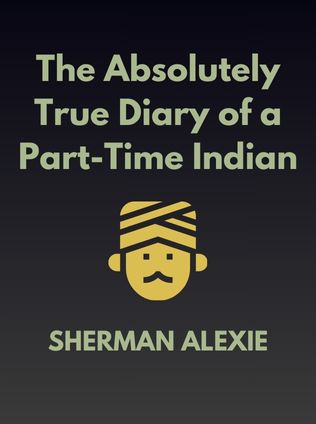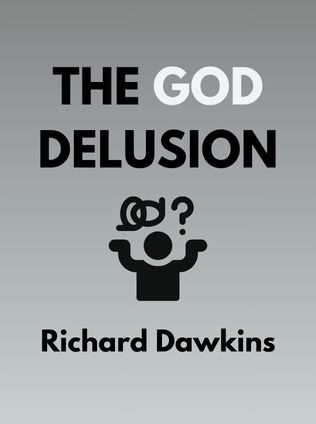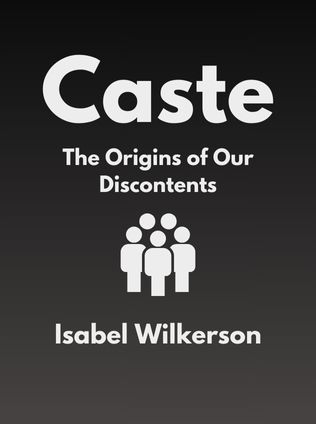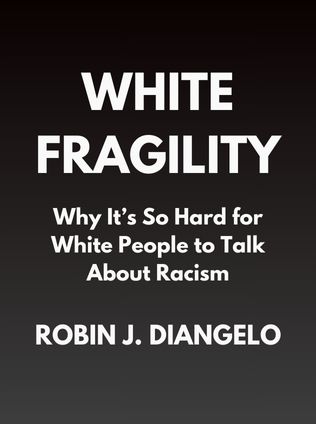
Jesus and John Wayne
How White Evangelicals Corrupted a Faith and Fractured a Nation
By Kristin Kobes du Mez
Published 05/2020
About the Author
Kristin Kobes Du Mez, a professor of history and gender studies at Calvin University, has firmly established herself as a prominent figure in Christian scholarship. Her academic expertise is grounded in her rigorous research and comprehensive analysis of gender, religion, and politics, particularly within the American evangelical community. Du Mez's work is distinguished by her ability to distill complex academic research into accessible, engaging prose for a broad audience. Her seminal book, “Jesus and John Wayne: How White Evangelicals Corrupted a Faith and Fractured a Nation,” delves into the intersection of evangelicalism and militant masculinity in the United States, tracing the historical and cultural forces that have shaped modern evangelicalism.
Du Mez's scholarship is characterized by its interdisciplinary approach, drawing on history, gender studies, religious studies, and political science. Her work has been featured in a variety of respected publications, including The Washington Post and Christianity Today. Through her writing, Du Mez challenges readers to reconsider preconceived notions about evangelicalism, particularly the ways in which cultural and political ideologies have influenced religious beliefs and practices.
Main Idea
In "Jesus and John Wayne,” Kristin Du Mez argues that the rise of militant masculinity within American evangelicalism is not a recent development but rather the culmination of a century-long evolution. This transformation, she contends, has profoundly shaped evangelical identity and politics, leading to the wholehearted embrace of figures like Donald Trump, who exemplify the militant, authoritarian masculinity that has become central to evangelical culture. Du Mez meticulously traces this shift from the genteel masculinity of the Victorian era to the aggressive, militaristic masculinity that emerged in response to perceived threats both abroad and at home.
Du Mez's analysis reveals how evangelical leaders and cultural icons have perpetuated this ideal of militant masculinity, using it to mobilize political and social movements that reinforce traditional gender roles and conservative values. She explores the ways in which this ideology has been propagated through various media, including books, films, and religious organizations, and how it has been embraced by both men and women within the evangelical community. Ultimately, Du Mez argues that this militant masculinity has not only shaped the evangelical community but has also had far-reaching consequences for American politics and society as a whole.
Sign up for FREE and get access to 1,400+ books summaries.
You May Also Like
Freakonomics
A Rogue Economist Explores the Hidden Side of Everything
By Steven D. Levitt and Stephen J. DubnerI Am Malala
The Story of the Girl Who Stood Up for Education and Was Shot by the Taliban
By Malala YousafzaiHeaven Is For Real
A Little Boy's Astounding Story of His Trip to Heaven and Back
By Todd Burpo



















